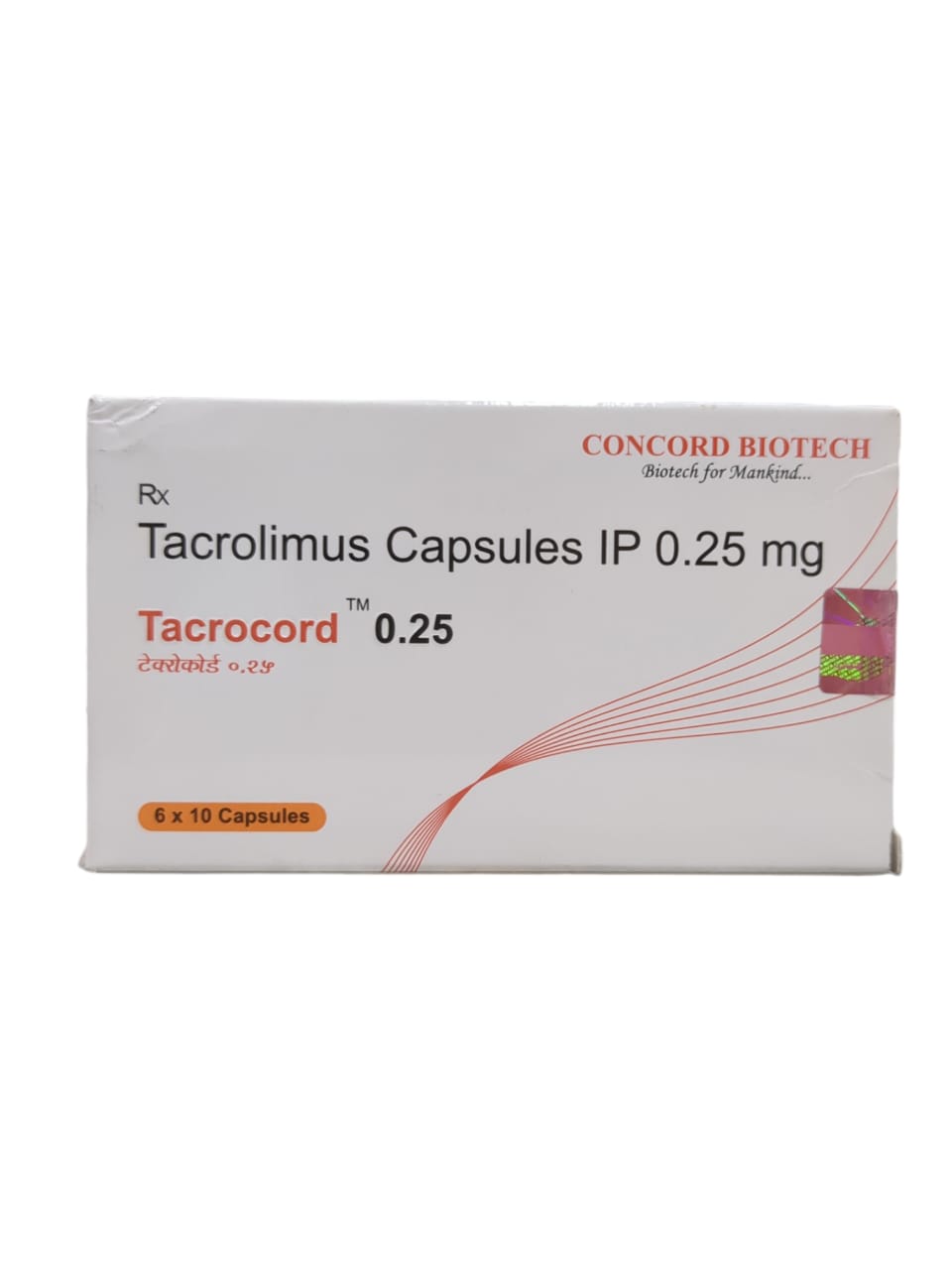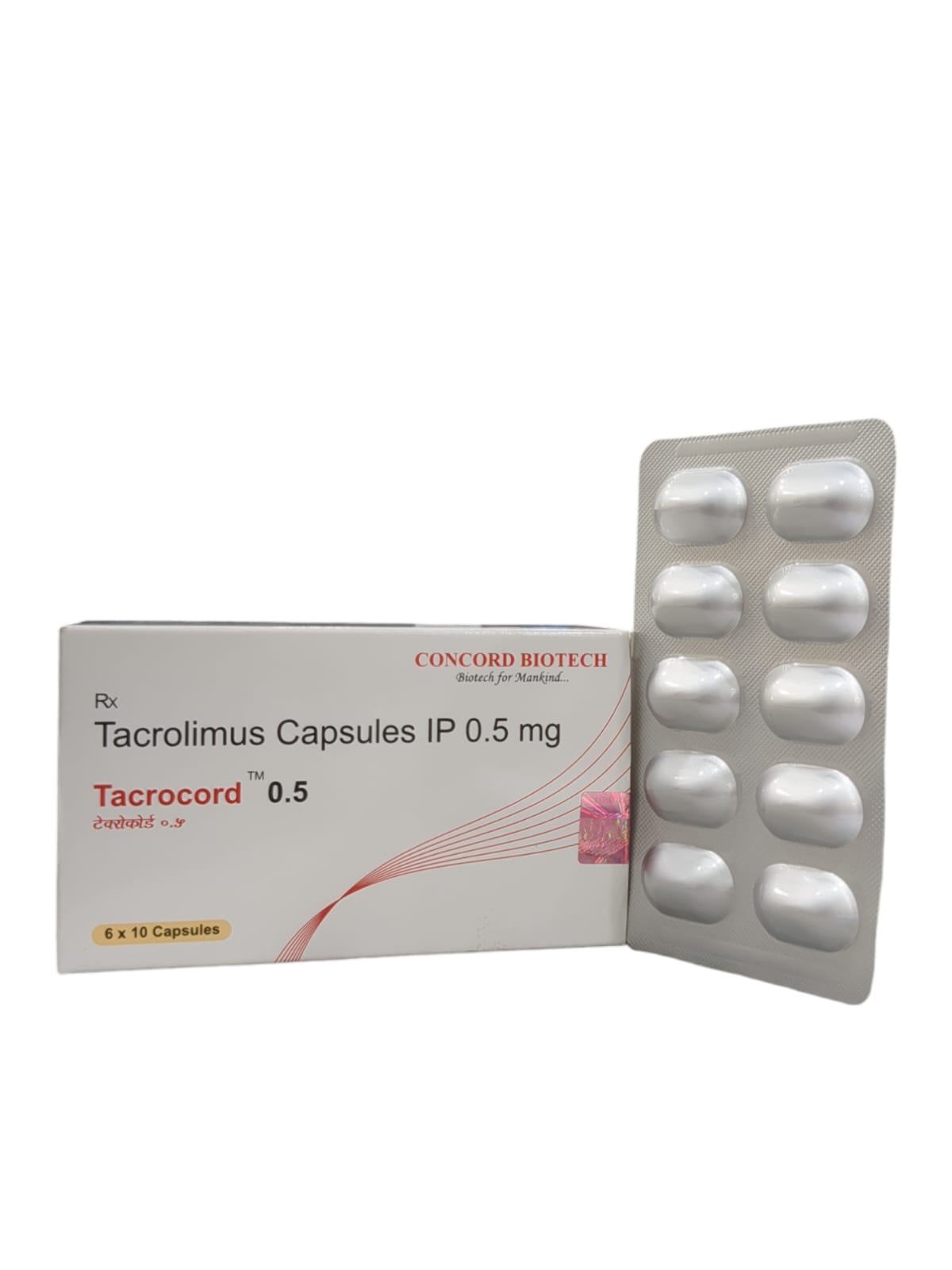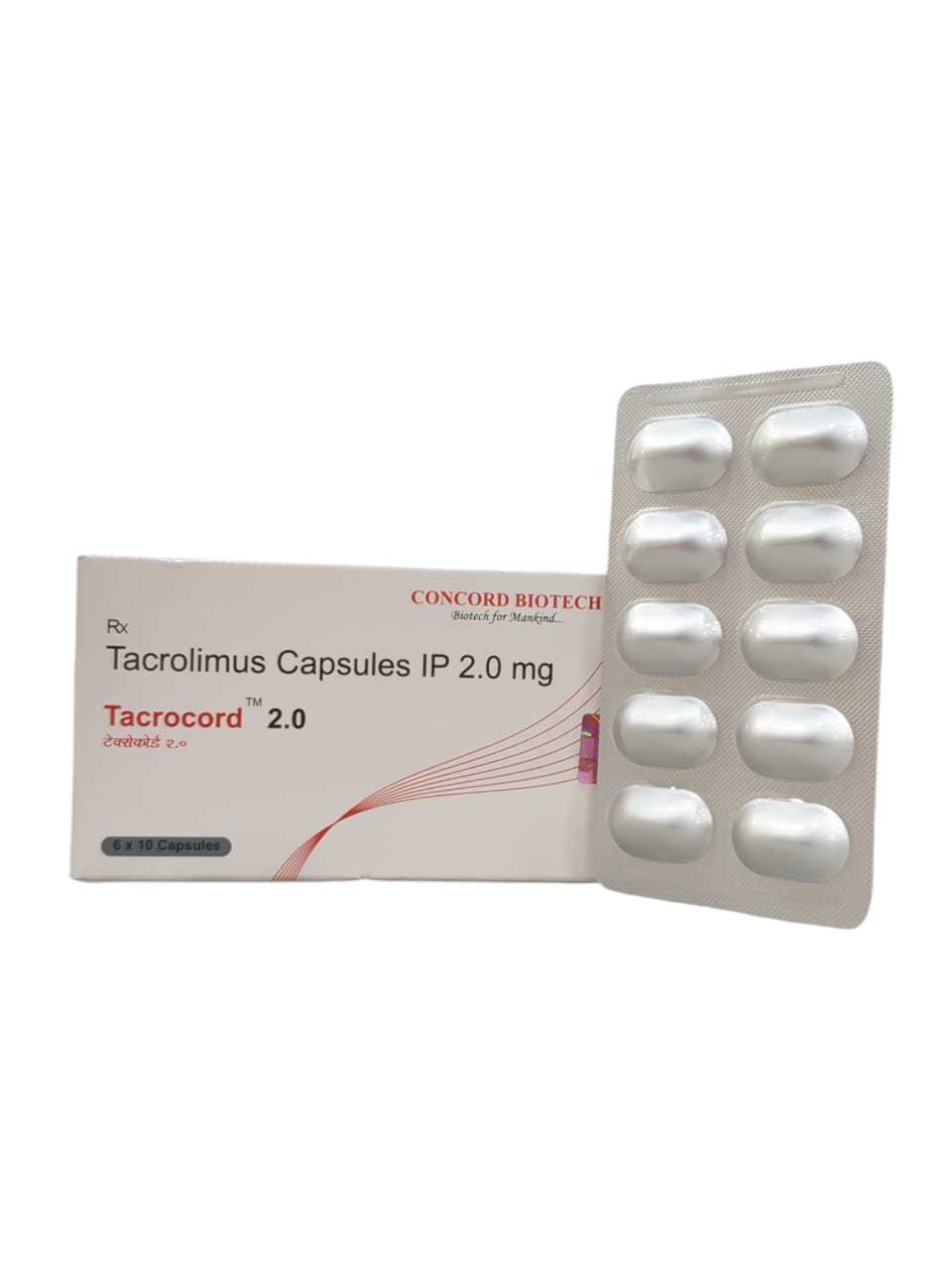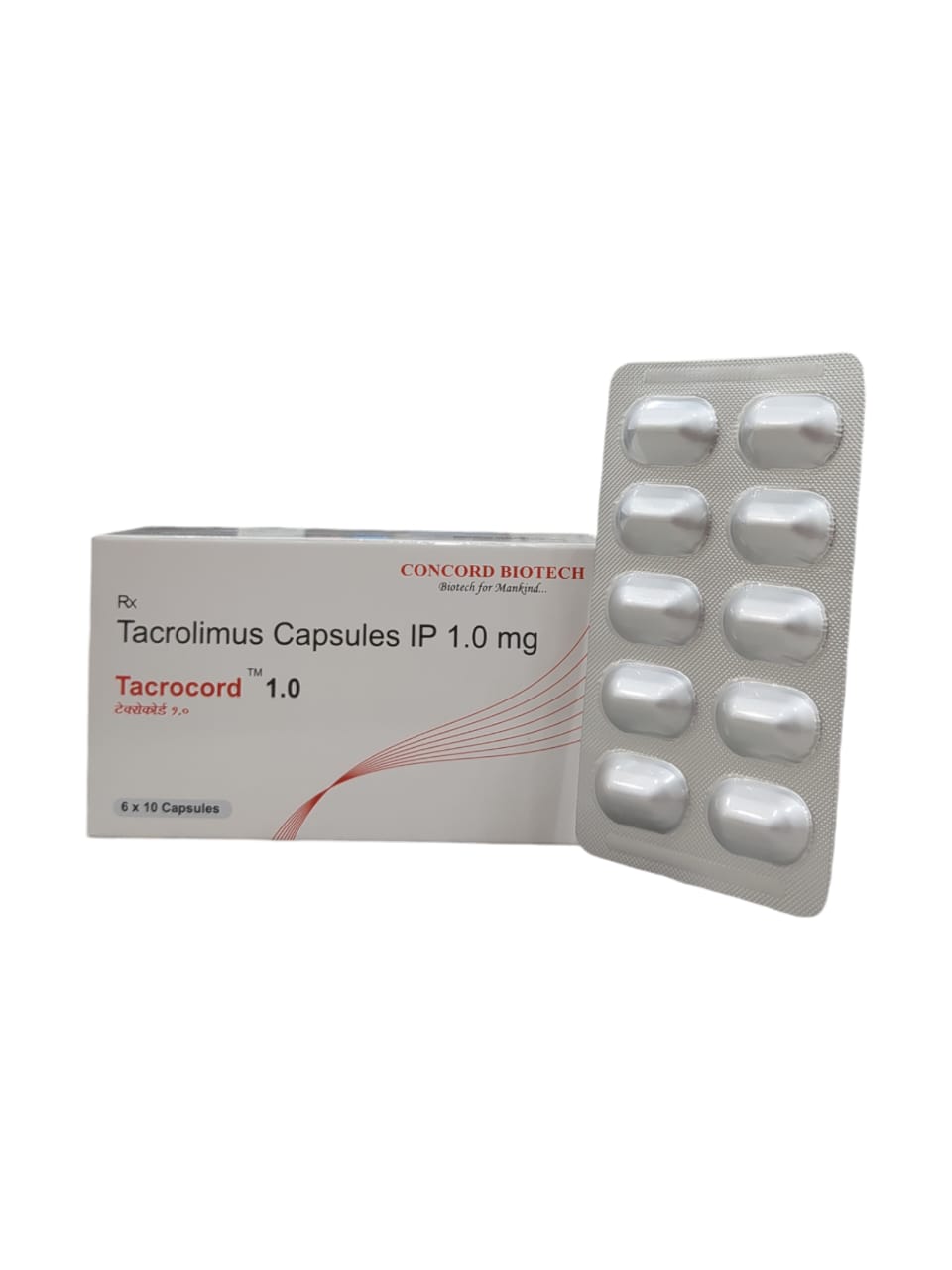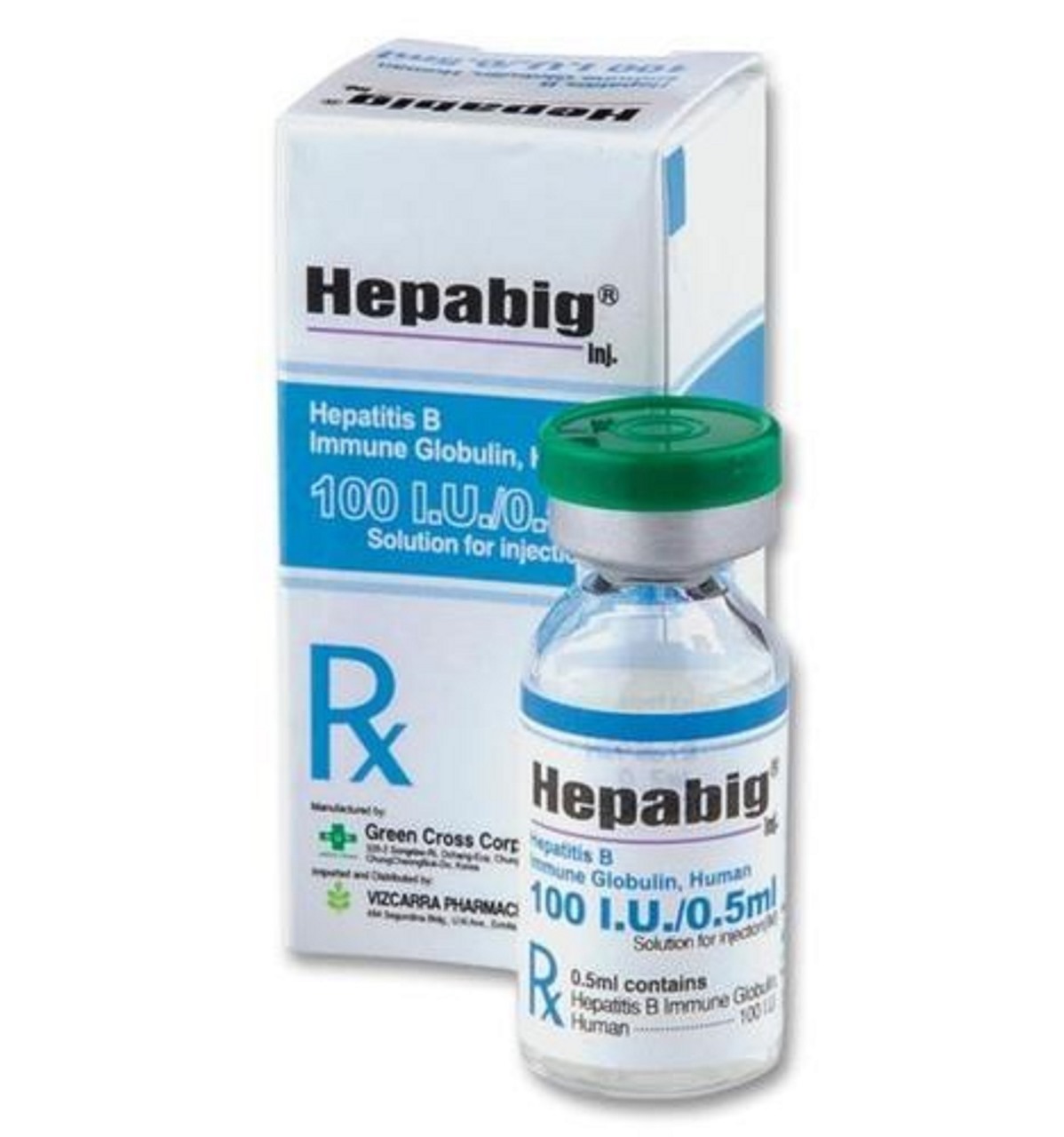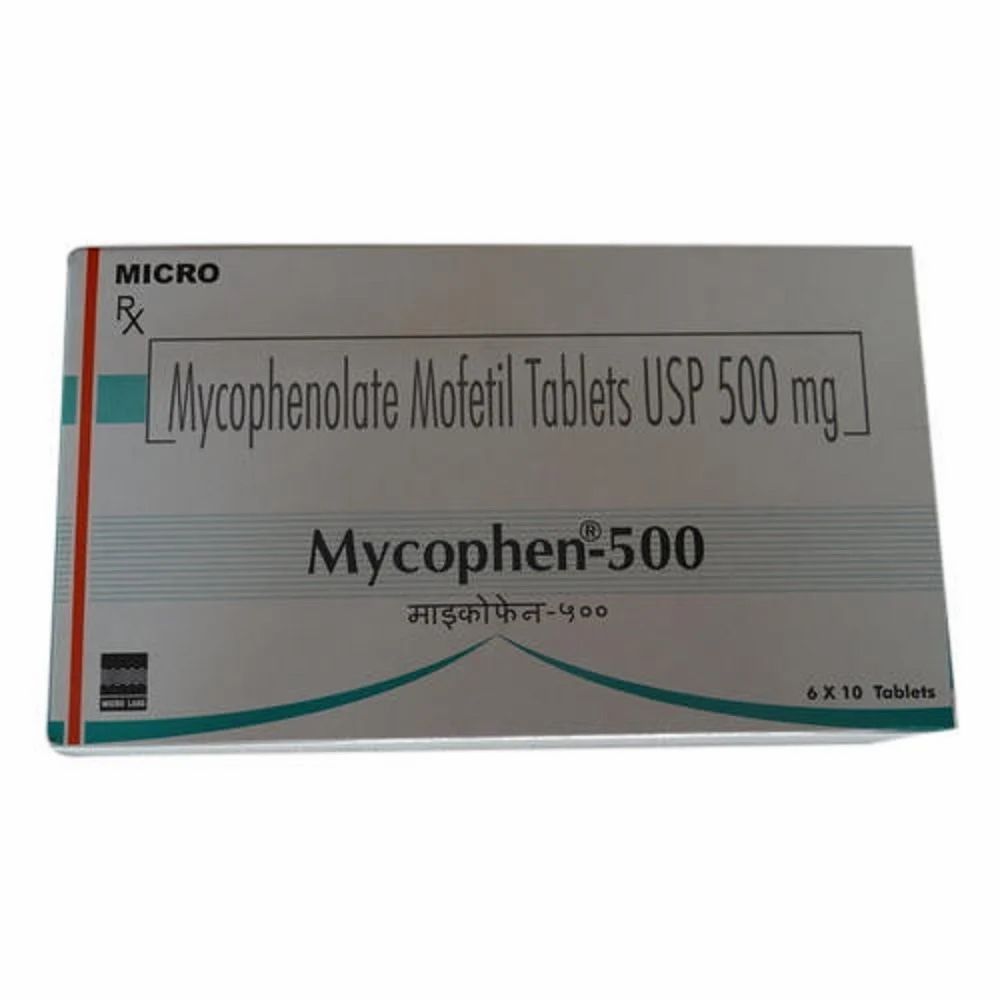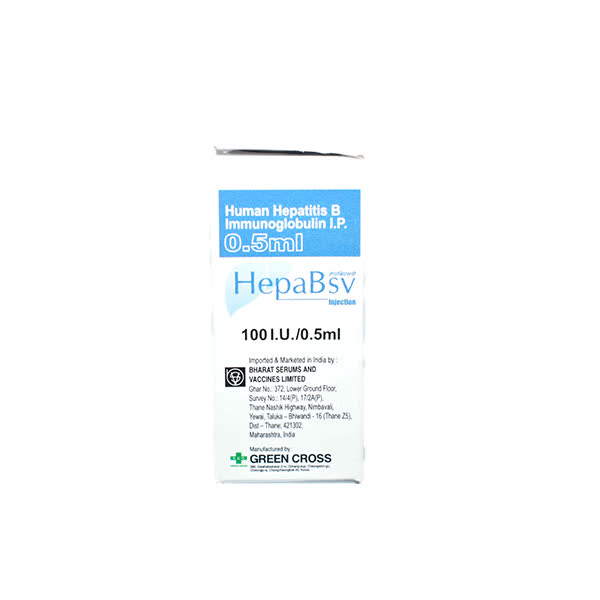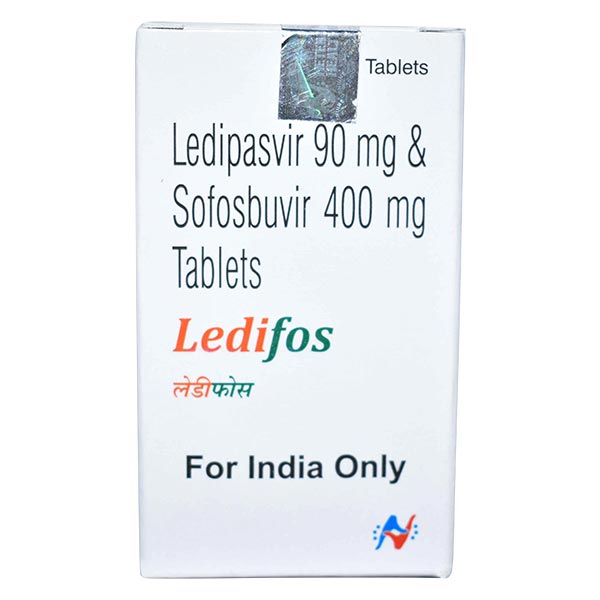Kidney Disease Medicine
MYCOPHEN 500 MG TABLET belongs to a group of medicines called immunosuppressants. It is used with other medicines to prevent your body from rejecting an organ (such as a kidney, heart, or liver) after a transplant. It works by suppressing your body’s immune system so that it does not attack the new organ.
The amount of MYCOPHEN 500 MG TABLET you take and how often you take it depends on the type of transplant you have. Follow your doctor’s instructions on this. Take it on an empty stomach, at least 1 hour before or 2 hours after a meal, unless your doctor suggest otherwise. Swallow it as a whole, do not crush, chew, or break it. Take the medicine regularly to get maximum benefit and keep taking it even when you feel well. The treatment will continue for as long as you need it to prevent rejection.
The most common side effects of this medicine include nausea, vomiting, diarrhea, stomach pain, headache, high blood pressure, infections (viral, fungal, bacterial), and changes in the number of white blood cells amongst others. You may catch more infections than usual as medicine suppresses the immune system. There is also an increased risk of developing some cancers for this reason. To reduce your risk of skin cancer, limit your exposure to the sun and use sunscreen. There is a long list of potential side effects of this medicine. You should ask your doctor about them and what signs to look out for because some of them can be serious and need urgent medical attention.
Send Message

